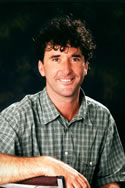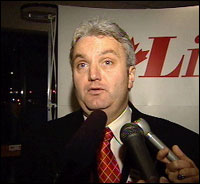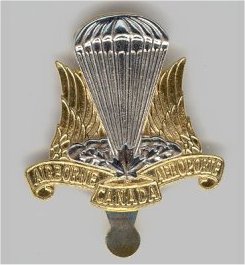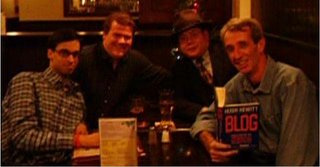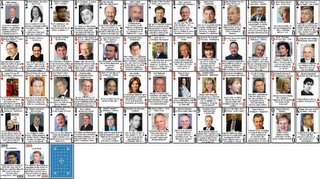Campaign 2004 took place before the explosive influence of the blogosphere was felt. So it's perfectly natural that in Campaign 2005-06, parties and candidates want to tap into that influential energy, which is why several MPs have websites and blogs of their own.
You can pretty much tell if a politician
really gets the online revolution by the quality of their website. And you can also tell if a political entity is in tune with the blogging phenomenon by the quality of the weblog it publishes.
We may see some good political blogs out there as a result of this campaign, on all sides of the political spectrum. However, we're also more likely to see an explosion of pseudo-blogs, or what I'd call
flogs.
A "flog" will have the
appearance of a blog; that is, it will be in reverse chronological order and may have individual links for entries. But its sole purpose is reflected in
the British-derived dictionary meaning: to sell the candidate or party. Meaning, stressing everything that's good and true and ignore everything that's not.
A
flogger, of course, is the maintainer of a flog. He or she will more than likely be the candidate's communications officer or speechwriter, since prose handling is a prerequisite for this position. The difference between a flogger and a blogger is this:
a flogger will sell the candidate, while a blogger will portray the candidate.That's a significant difference. The blogger will write things about the candidate or campaign that, strictly speaking, aren't necessary for selling the candidate or the message to the intended readership, but give a better picture of what the candidate's like. This includes vices as well as virtues, something the "flogger" is incapable of grasping.
You can tell a flog from a true "blog" from its content: if you can turn it into a press release with little or no editing, then it's a flog entry. And if all the entries read like press releases, then it's a flog, with all the credibility (or lack thereof) that the concept implies.
As I mentioned earlier, Ottawa-Centre candidate Paul Dewar's campaign diary has started out as more flog than blog. Contrast that with
Scott Feschuk's federal Liberal blog: poking fun at the Martin campaign bus or singing about the joys of muffins won't get Paul Martin elected. But they do add to the overall portrayal of the campaign.
In other words, Scott "gets it." Paul Dewar's flog doesn't.
And believe it or not, the
Tory Campaign Blogger also gets it. Look at this sentence from his/her 30 November entry:
What I did not expect to see on this chilly, rainy Ottawa afternoon was a room so full that some supporters actually stood outside the propped-open campaign office doors, craning their necks to view the Leader's speech as it took place inside. Dedication of this sort is heartening to see in a winter campaign!
That sentence would never have appeared in a press release, because it doesn't hard-sell the Tory position. But it adds color to the campaigning process. It's true that most of his other entries are flog-like, albeit to a lesser extent than Paul Dewar's. But the existence of that sentence means there's still hope for this anonymous writer. (Echo in the back: "I
still demand that you show yourself!")
The TCBlogger would do well to study
Monte Solberg's blog. His current entry -- talking about the Boston Bruins -- has ostensibly nothing to do with promoting him as a good MP or promoting Tory policy. But it adds an authenticity to reader's perceptions of Monte as a person. It provides a point of identification.
Does it matter if a candidate's website has a blog or a flog? In this online age, yes, it does. It's the difference between paying lip service to the online revolution and really embracing it. It's the difference between making gestures to your online readers and really trying to start a dialogue with them. Most of all, it's the difference between jumping into the future and trying to get by with the conventional tools of the past.
A flog will not help a candidate win an election. A true blog will.

